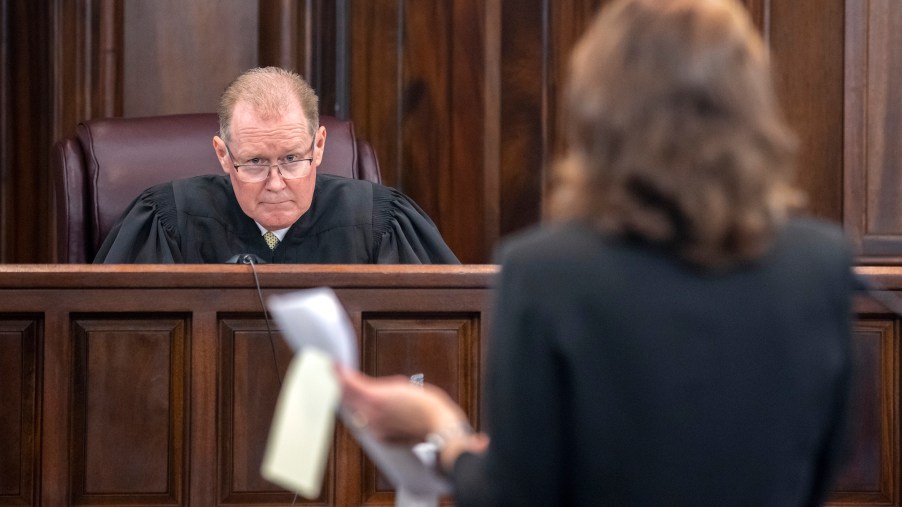
5 Things You Should Say When Contesting a Speeding Ticket
There’s almost nothing more fear-inducing than seeing the red and blue lights from a police car behind you. You’ve been caught! But don’t worry, if you end up getting a speeding ticket, you will have options. One of those options is to contest the ticket in court and if you decide to do that, here are five things you should say.
1. Be honest with the court
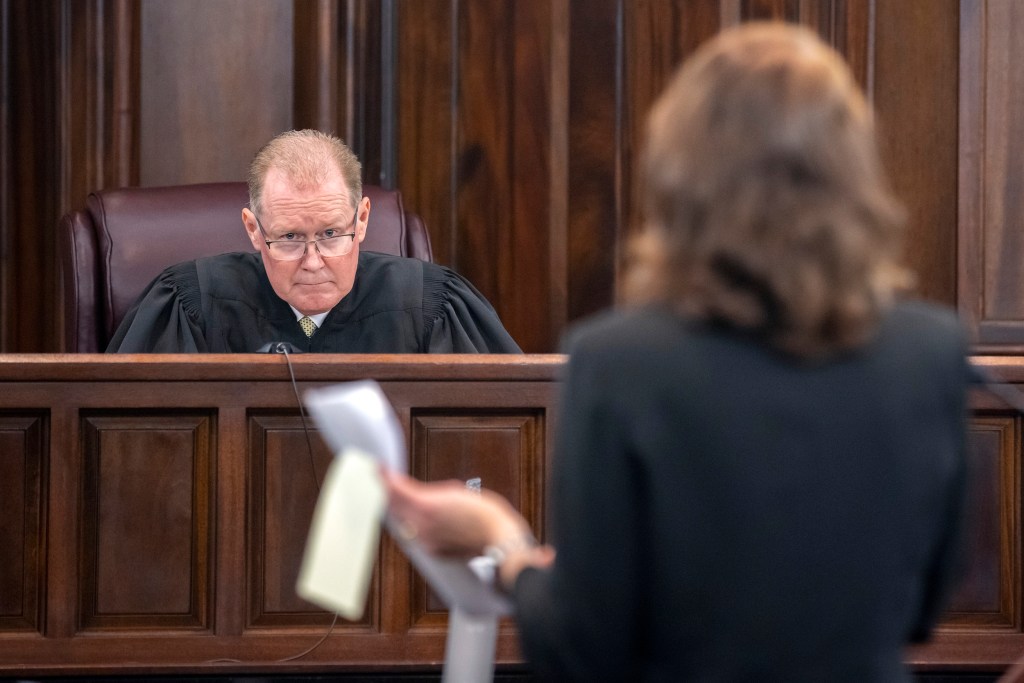
No matter what you think, chances are that you’re a bad liar and the court will easily detect that. When pleading your case, it’s important to always be honest with the judge. Lying about anything that has to do with your case can and will most likely get you into more trouble. If it’s hard for you to be honest, then hire a lawyer to plead your case for you (not that lawyers are liars).
2. Keep calm and speak clearly
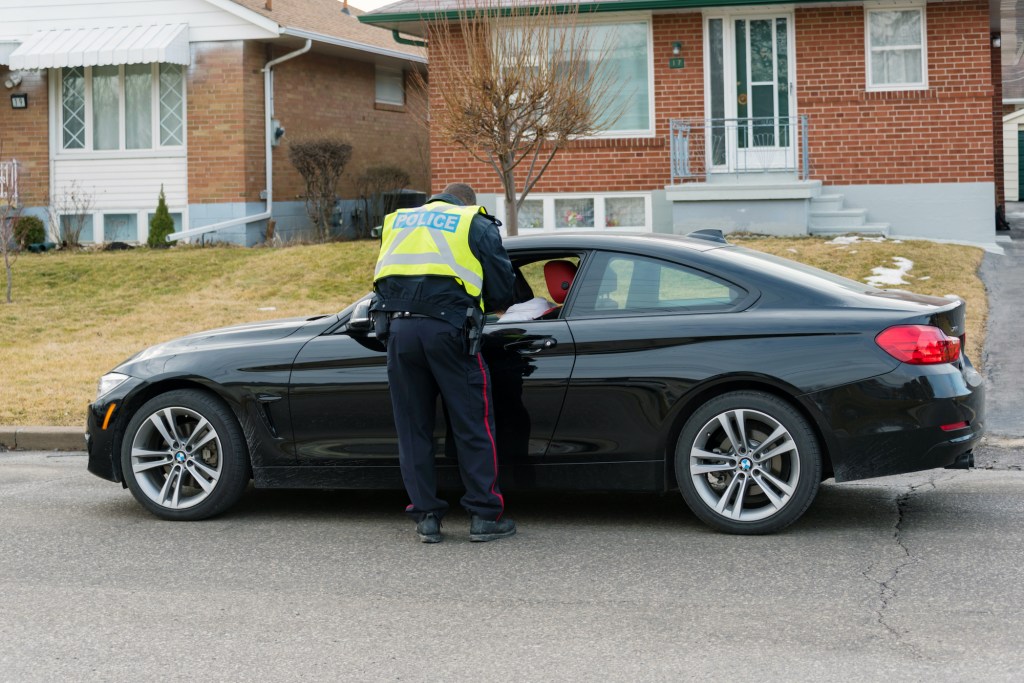
When pleading your case to the judge, it’s important to keep calm and clearly state your case to the judge. By acting irate, they most likely won’t be sympathetic to your cause and you likely won’t be able to think clearly. In that case, it’s far better to remain calm and speak clearly and articulately.
3. Mention that you were speeding 5 mph or less
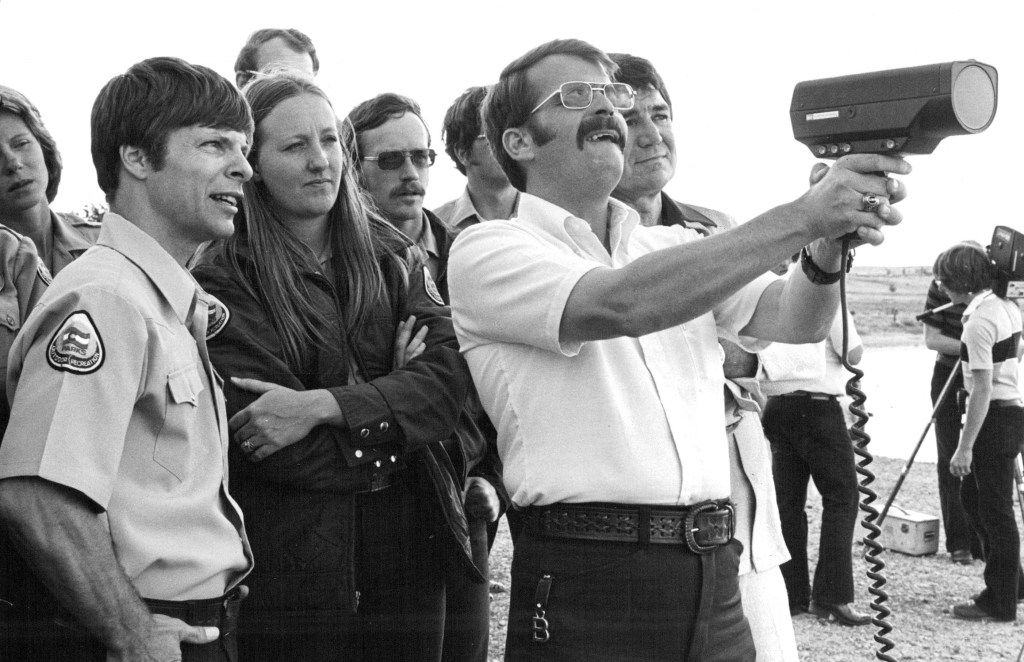
There is technically no official rule that states that there is a buffer of being able to drive 5 mph over the posted speed limit. However, the court is more likely to dismiss your case if you were only traveling a few mph over, so it’s important to bring that up in court.
Nerd Wallet notes that it’s a good idea to look up the method that the police officer used to clock your speed. By doing so, you can bring up any weaknesses that the method has; for example, radar guns have been known to be inaccurate if they are not calibrated correctly.
4. “Not guilty, your honor”
If you are asked to enter a plea, then remember to tell the court that you’re “not guilty.” This blog notes that admitting guilt means that you will likely have to pay the full cost of the ticket and the points will remain on your license. Since the whole point of contesting your ticket is to possibly get it dismissed and not obtain points on your record, pleading guilty would make the whole process pointless.
5. If you’re a first-time offender, make sure to bring up your clean record
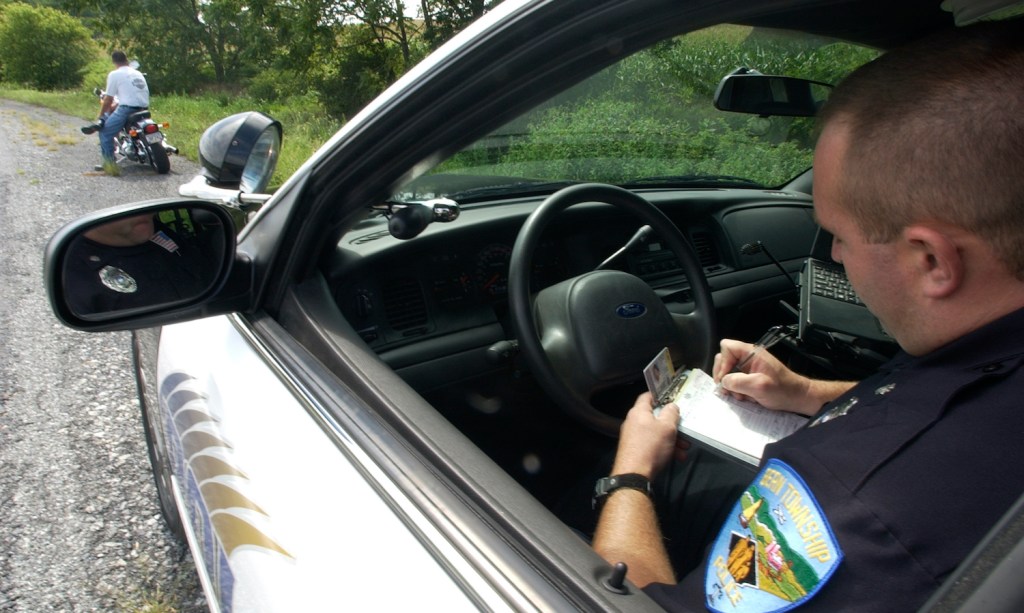
Whether you’re contesting your first speeding ticket or you have a clean record up to the one that you’re contesting, remember to mention that to the judge. Many courts may be willing to dismiss a speeding ticket for first-time offenders, so it doesn’t hurt to bring it up. If you’re unsure whether or not your driving record is clean, you can obtain a report from your local DMV.
How long does a speeding ticket stay on your record?
It can vary depending on which state you live in, but according to Metromile, the average length of time a speeding ticket stays on your record is 3 to 5 years. However, you can check your state’s laws to find out how long you will have to wait. But if you want the chance of having a speeding ticket not to stay on your record, then you can contest. Just remember the five aforementioned tips before doing so.



